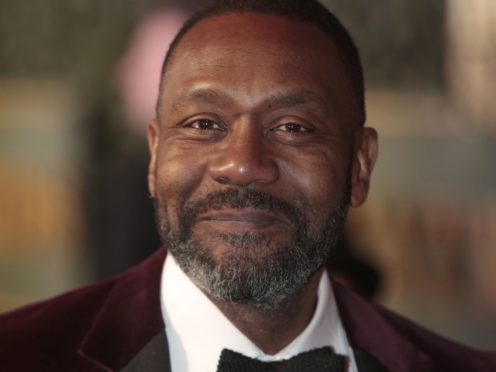Sir Lenny Henry has said UK broadcasters need a safe space for minorities to vent their feelings without “fearing the noose”.
The comedian said public service broadcasters do not have a mechanism for employees to share complaints without minorities risking being “oppressed or fired”.
Sir Lenny gave evidence to the House Of Lords Communications Committee, looking into the place of public service broadcasters in the age of platforms like Netflix.
He said a lack of diversity was undermining public broadcasters such as ITV, the BBC and Channel 4, driving people to seek better representation on online platforms.
Sir Lenny said just putting diversity on screen was “like putting lipstick on a pig”, and there had to be real representation behind the scenes.
He said: “The feeling was that there was not safe space to say stuff that we were unhappy with, without getting oppressed or fired.
“There needs to be safe spaces for people to vent their feelings without fearing the noose.”
Sir Lenny has warned about “fake diversity” and called for black, Asian and minority ethnic (BAME) people to be given a “seat at the table”.
He has stressed the importance of having better representation in decision-making positions, rather than having BAME talent cherry-picked for white-led projects with “cliched storylines”.
He said: “It’s a powerful thing to have a diverse group of people at the table.
“You can literally move worlds if the right people are there. When everybody is involved in the storytelling process, the stakes are raised.”
He added suggestions for the media to give financial backing to develop a diverse industry.
Sir Lenny said: “We could ring-fence funding. We could create a contestable fund. We can use tax breaks to encourage people to invest in diverse productions.”
A spokesman for the BBC said: “We want the BBC to be the best place for everyone to work. As one of the most diverse broadcasters in the UK, we’re very close to meeting our targets for BAME representation across the organisation and continue to ensure that we have an environment where diverse talent thrives.
“Last year we consulted with staff on reviews looking at our culture and career progression – including specifically for those from a BAME background – and offer a range of initiatives so that everyone feels included, such as a staff-led development and networking group for all BAME employees.”
